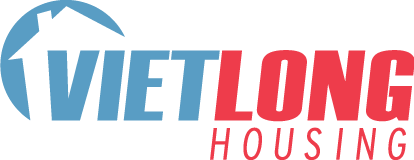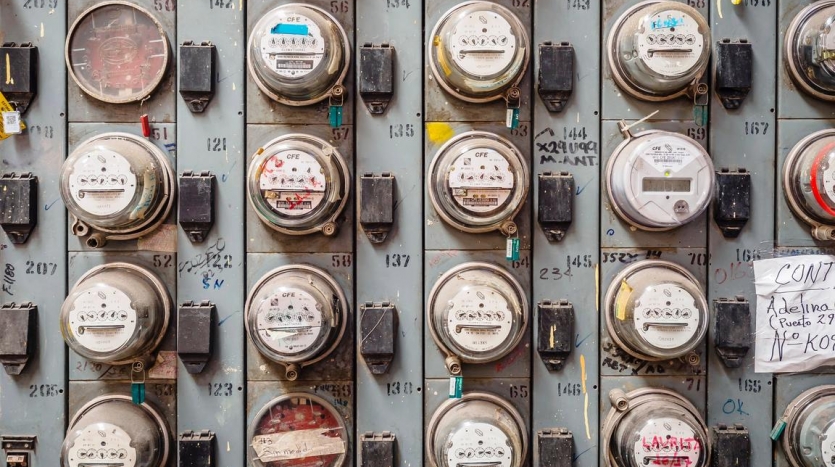A Guide on How to Set and Settle Utility Bills in Hanoi
Owning your own home can be quite a challenge. It’s very fulfilling to get over that hurdle and say that you now have your own living space in Vietnam. However, new hindrances can come as a result of that, such as setting up your utility and settling up bills. It can be bearable for a lot of locals but a little harder for foreigners.
Language can be a natural barrier as to how exactly you’re supposed to understand and get into the process of speaking with suppliers and forwarding your payment. Besides consulting a native, here’s an initial guide on settling your utility bills for your Hanoi home.
Electricity
One of the first utilities that you’ll need to prioritize is electricity. Without it, you won’t be able to function or use anything in your home. Those living in Vietnam will tell you that there’s only one electricity supplier in the whole country. Vietnam Electricity Company, or EVN for short, is an enterprise managed by the Ministry of Industry and Trade.
Landlords will often handle the EVN accounts of their tenants, but being a homeowner entails a different process. You’ll be responsible for creating and setting up an account, submitting details such as your proof of address, house ownership certificate, ID, passport, and a visa when necessary. Anticipate at least a week before your EVN account is activated.
Once that’s done, expect your monthly electricity bill to come. An employee from EVN usually comes to check the meter in your home to determine your electricity consumption. Go to a local bank such as VietinBank or AgriBank to settle the bill. Today people can easily settle their bills with a local bank mobile app. Ask a Vietlong Real Estate Agent to help you.
Water
Most homeowners may typically drink straight out of the tap, but you can’t do that with Vietnam’s tap water. Everyone is encouraged to get and drink bottled water instead while using tap water for washing the dishes, taking a bath, and more.
Setting up an account for your water bill is roughly the same as setting up your electricity bill. The only difference is that the application takes longer, and there are different companies to choose from. Monthly payments can be paid in person to the company employee checking your meter or an open branch of the water provider you selected.
Gas
If you’re hoping to cook in your new home, you’re going to need some household gas too. Companies often sell gas in either mains or bottles. Gas mains will require you to still set up an account and have an employee check on your meter reading when it’s time to settle the bill.
Because of that hassle of setting up an account and since cooking is all the gas will be used for, most homeowners opt to get gas bottles instead. These are usually measured in 12kg. For that, they’re considered great for both the price and the number of times you get to utilize them.
Conclusion
It’s not that difficult to set up and settle utilities in Vietnam once you understand the process. In terms of language, it can be great to invest in learning it or at least speaking to a local so that you can get a sense of what you’re reading on your utility bill.
Want to learn more about Hanoi housing? VietLong Housing is a real estate company in Hanoi that’s been helping expats find dream homes and their families for 10 years now. Drop us a message!





